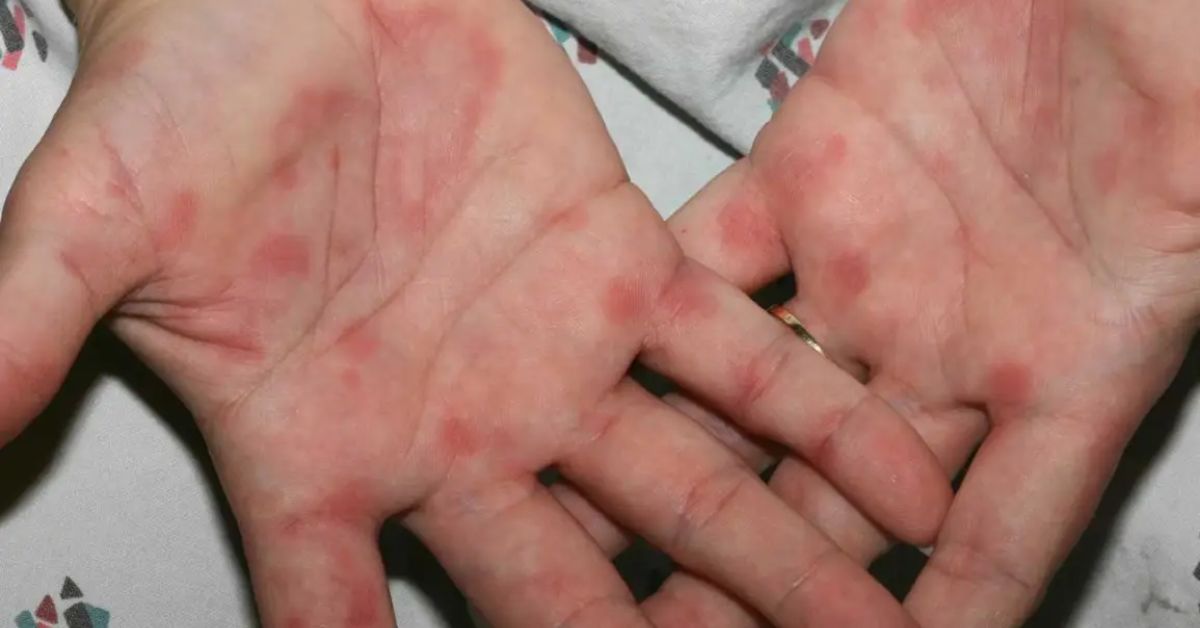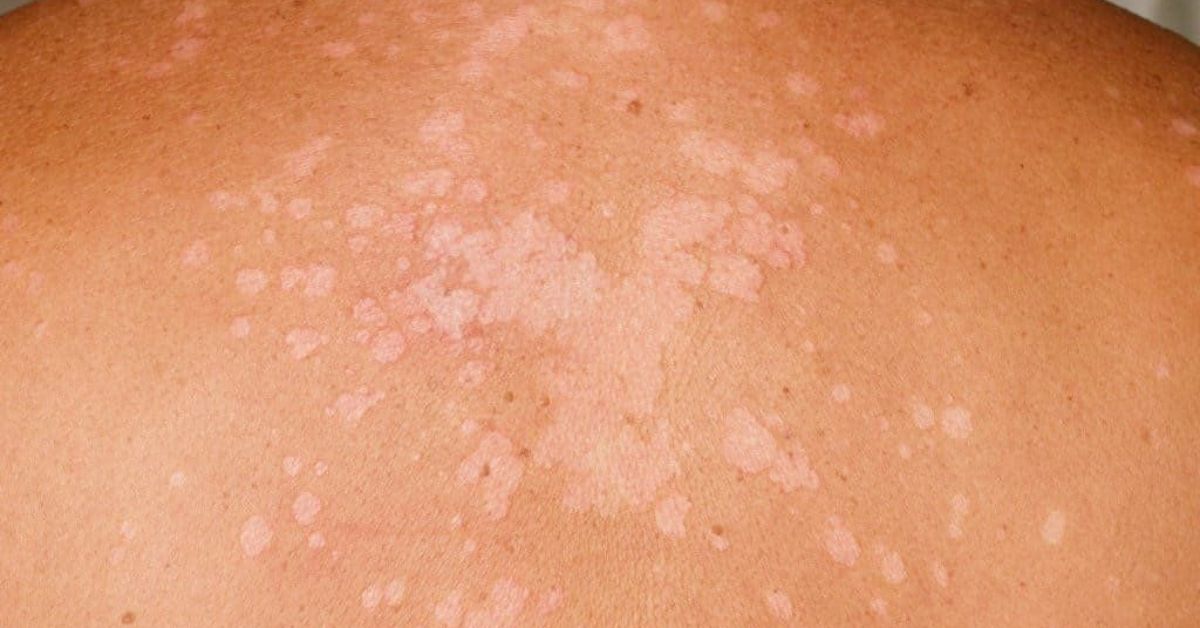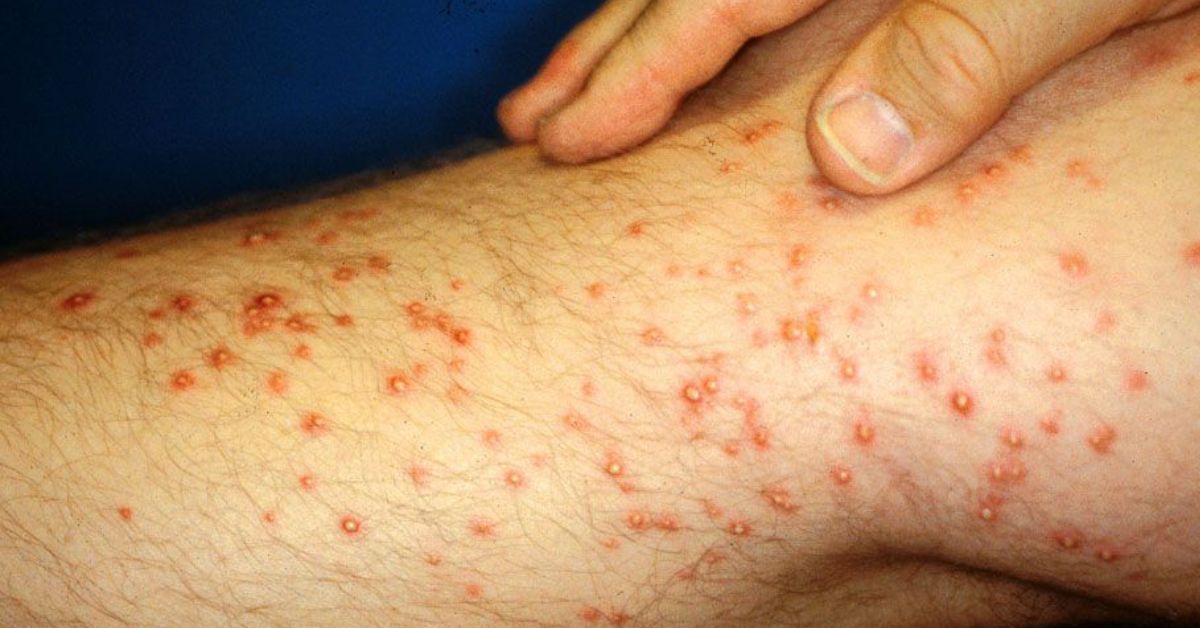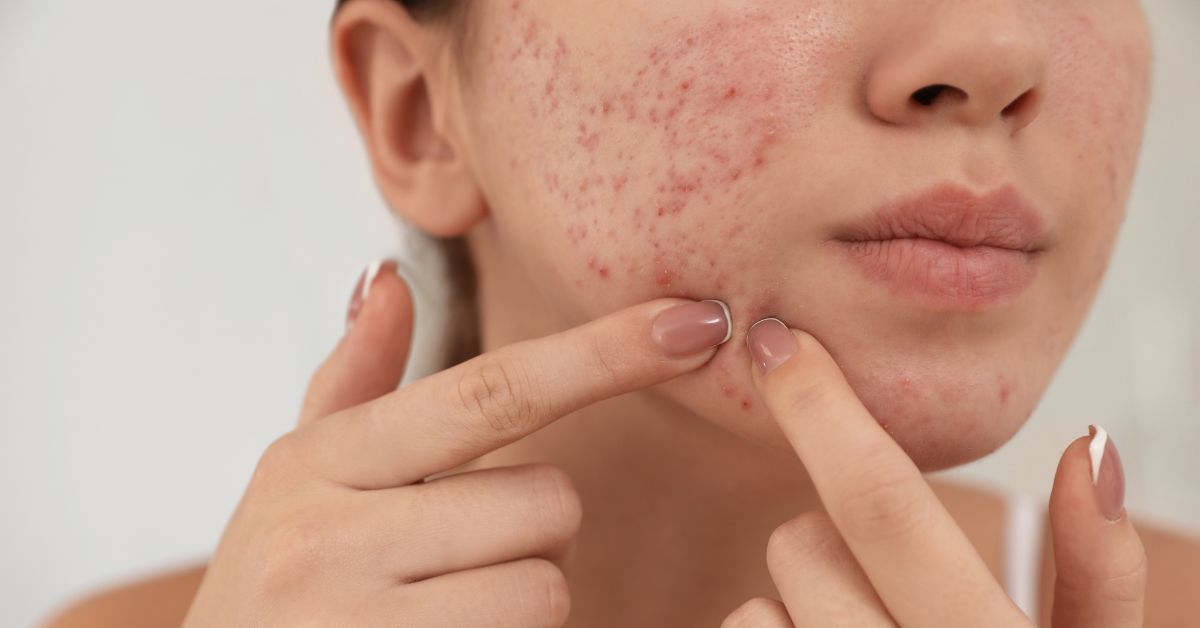Monkeypox is an infectious disease caused by the monkeypox virus. Monkeypox can cause symptoms such as fever, headache, muscle aches, back pain, swollen lymph nodes, chills, fatigue, and a rash. So, “how is monkeypox transmitted?”
How is Monkeypox Transmitted?
- “how is monkeypox transmitted?” – Direct contact with the skin lesions of an infected person: Close contact with an infected person, especially contact with skin lesions containing fluid, pustules, scabs, or bodily fluids of the patient. Contact with large respiratory droplets: Large droplets containing the virus when an infected person coughs, sneezes, or talks can infect others at close range.
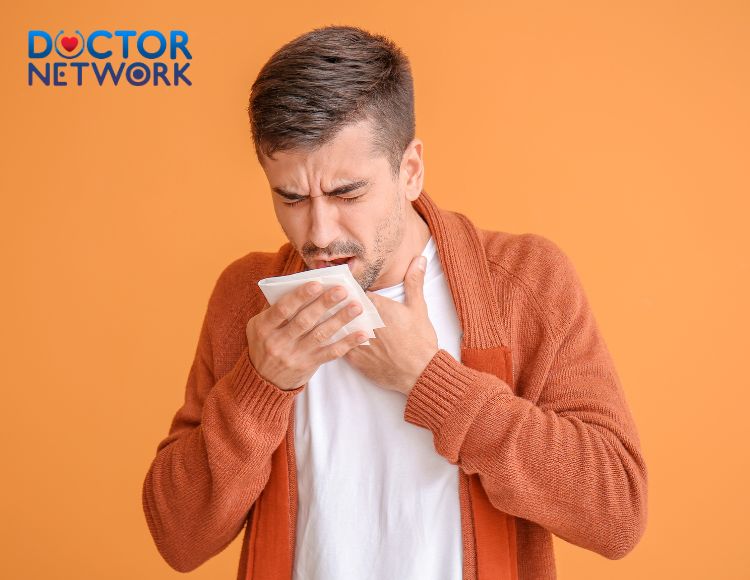
“how is monkeypox transmitted?” – contact with respiratory droplets
- “how is monkeypox transmitted?” – Contact with contaminated objects or surfaces: Touching clothing, bed linens, personal items, or other surfaces that the infected person has touched and then touching your face, eyes, nose, or mouth.
Animal-to-human transmission:
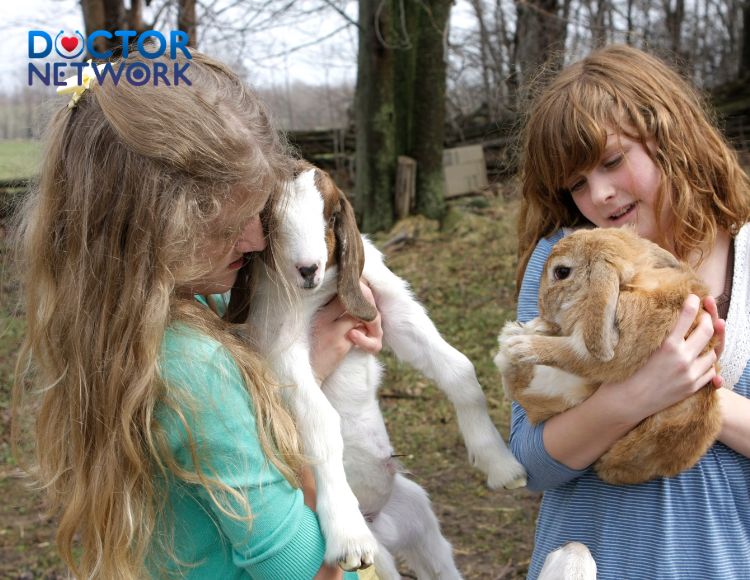
“how is monkeypox transmitted?” – animal-to-human transmission
- Bites or scratches: Being bitten or scratched by an infected animal.
- Contact with blood, bodily fluids, or skin lesions of infected animals: Direct or indirect contact with blood, bodily fluids, or skin lesions of infected animals.
- Eating undercooked meat from infected animals: Consuming meat from infected animals that has not been thoroughly cooked.
Mother-to-child transmission:
- During pregnancy: The virus can be transmitted from the mother to the fetus through the placenta.
- During birth: Newborns can be infected through close contact with an infected mother.
How to Prevent Monkeypox
- Wash hands frequently with soap and clean water, especially after contact with infected people or animals.
- “how is monkeypox transmitted?” – Avoid close contact with infected people, especially contact with their skin lesions. Avoid contact with wild or sick animals.
- Thoroughly cook animal meat before eating.
- Use condoms during sexual intercourse.
- If you have any symptoms of monkeypox, seek medical attention immediately.
Some Questions Related to “how is monkeypox transmitted”
Below are 5 questions related to “how is monkeypox transmitted“:
Can monkeypox be transmitted sexually?
There is currently no evidence that monkeypox is transmitted sexually (through semen or vaginal fluids). However, the virus can be transmitted through close contact during sexual activity, especially when there is direct contact with skin lesions of an infected person.
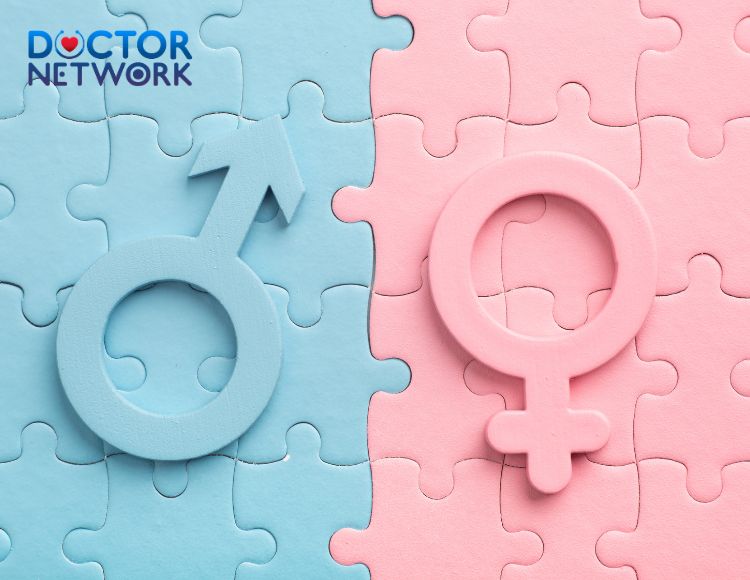
There is currently no evidence that monkeypox is transmitted sexually
After exposure to a person with monkeypox, will I get infected immediately?
“how is monkeypox transmitted” – The incubation period for monkeypox is usually 6 to 13 days, but it can range from 5 to 21 days. Therefore, you may not have symptoms immediately after exposure to an infected person.
How can I know if I am infected with monkeypox?
If you have symptoms such as fever, headache, muscle aches, fatigue, swollen lymph nodes, and a rash after exposure to an infected person or a suspected animal, go to a medical facility for examination and testing.
What can I do to prevent monkeypox?
Limit close contact with infected or suspected individuals. Wash hands frequently with soap and clean water. Cover your mouth and nose when coughing or sneezing. Avoid contact with wild or sick animals. Thoroughly cook animal meat before eating.
Is monkeypox dangerous?
Most cases of monkeypox are mild and resolve within 2 to 4 weeks. However, some cases can become severe, especially in children, pregnant women, and individuals with weakened immune systems.
Some Scientific Evidence Related to “how is monkeypox transmitted”
Below are some scientific evidence related to the topic “how is monkeypox transmitted“:
- “how is monkeypox transmitted” – Human-to-human transmission:
Direct contact with skin lesions: Close contact with an infected person, especially contact with skin lesions containing fluid, pustules, scabs, or bodily fluids of the patient. Contact with large respiratory droplets: Large droplets containing the virus when an infected person coughs, sneezes, or talks can infect others at close range. Contact with contaminated objects or surfaces: Touching clothing, bed linens, personal items, or other surfaces that the infected person has touched and then touching your face, eyes, nose, or mouth.
- Animal-to-human transmission:
Bites or scratches: Being bitten or scratched by an infected animal. Contact with blood, bodily fluids, or skin lesions of infected animals: Direct or indirect contact with blood, bodily fluids, or skin lesions of infected animals. Eating undercooked meat from infected animals: Consuming meat from infected animals that has not been thoroughly cooked.
- Mother-to-child transmission:
During pregnancy: The virus can be transmitted from the mother to the fetus through the placenta. During birth: Newborns can be infected through close contact with an infected mother.
“How is monkeypox transmitted” – To prevent monkeypox, we need to implement preventive measures such as limiting close contact with infected individuals, washing hands frequently, covering mouth and nose when coughing or sneezing, avoiding contact with wild or sick animals, and thoroughly cooking animal meat before eating. Although most cases of monkeypox are mild and resolve on their own, some cases can become severe. Therefore, if you have any symptoms of monkeypox, seek medical attention immediately for timely examination and treatment.
References:
https://www.who.int/vietnam/vi/news/questions-and-answers/q-a-detail/monkeypox
https://medlatec.vn/tin-tuc/benh-dau-mua-khi-lay-qua-duong-nao-biet-de-phong-tranh
Kiểm Duyệt Nội Dung
More than 10 years of marketing communications experience in the medical and health field.
Successfully deployed marketing communication activities, content development and social networking channels for hospital partners, clinics, doctors and medical professionals across the country.
More than 6 years of experience in organizing and producing leading prestigious medical programs in Vietnam, in collaboration with Ho Chi Minh City Television (HTV). Typical programs include Nhật Ký Blouse Trắng, Bác Sĩ Nói Gì, Alo Bác Sĩ Nghe, Nhật Ký Hạnh Phúc, Vui Khỏe Cùng Con, Bác Sỹ Mẹ, v.v.
Comprehensive cooperation with hundreds of hospitals and clinics, thousands of doctors and medical experts to join hands in building a medical content and service platform on the Doctor Network application.
















